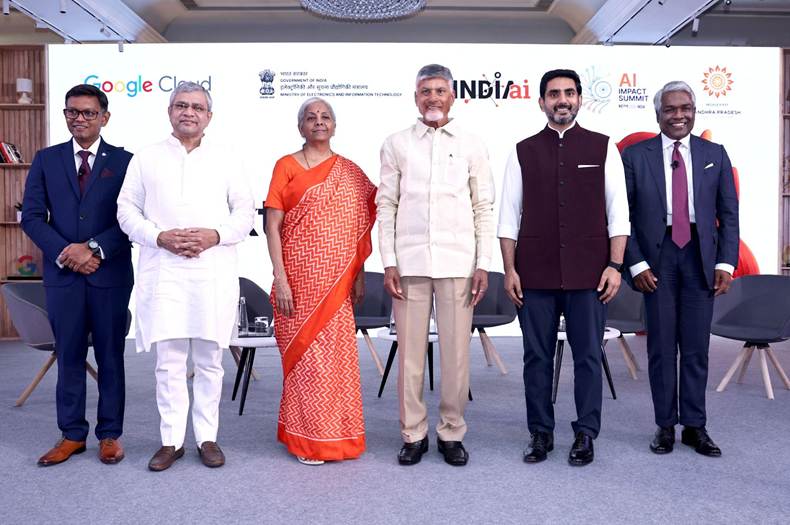
Google has announced plans to invest $15 billion to establish a 1-gigawatt AI and data center hub in India, marking its largest-ever investment in the country and a major step in expanding its global AI infrastructure.
The new facility will be built in Visakhapatnam, a coastal city in the southern state of Andhra Pradesh, and will serve as a cornerstone of Google’s AI and cloud expansion strategy across Asia. The investment will be rolled out over the next five years through 2030, the company said.
This announcement comes amid growing political pressure in India to promote “swadeshi” — or Made-in-India — technology alternatives, as Prime Minister Narendra Modi’s government seeks to reduce reliance on U.S. tech giants.
Despite this push for domestic innovation, this latest commitment highlights the company’s long-term view of India as a critical market and technology partner.
Largest Investment Outside the U.S.
Google Cloud CEO Thomas Kurian described the new project as the company’s largest investment outside the United States, part of a global network of AI hubs in 12 countries.
“This AI hub will not just serve India but from India serve Asia and other parts of the world,” Kurian said at the launch event in New Delhi.
“We’re scaling Visakhapatnam to multiple gigawatts over time, making it a global connectivity hub that strengthens both India’s and Google’s AI infrastructure.”
Google’s subsea cable network will also be extended to Visakhapatnam, in partnership with Bharti Airtel, to establish a major cable landing station. Infrastructure for the data center will be developed jointly with AdaniConneX, a venture backed by the Adani Group.
“We see Visakhapatnam becoming not just a cable landing point but a true digital backbone for India’s connectivity,” Kurian added.
Strategic Move Amid Tech Nationalism
The announcement follows heightened U.S.-India trade tensions, including recent 50% tariffs imposed by the U.S. on Indian imports, and Modi’s subsequent call for local technology adoption.
In recent months, Indian lawmakers have been promoting homegrown alternatives to Google products — such as Zoho Mail and Zoho WorkDrive (as Google Workspace rivals), Arattai (a WhatsApp alternative), and MapMyIndia (a competitor to Google Maps).
While these local players have seen modest adoption, analysts note that Search Engine Giant’s long-standing presence — with 14,000 employees and 21 years of operations in India — gives it an unmatched ecosystem advantage.
Powering India’s AI Future
The upcoming AI Hub will provide a “full stack” of AI and cloud services, from Tensor Processing Units (TPUs) for local model training to support for Google’s Gemini AI platform and developer agent-building tools.
It will also strengthen Google’s backbone services in India, including Search, YouTube, Gmail, and Google Ads.
India’s IT Minister Ashwini Vaishnaw welcomed the move, calling it “a major milestone” in advancing the country’s National AI Mission.
“This hub will be a vital contribution to India’s AI goals,” Vaishnaw said. “We’re committed to supporting Google’s expansion, including exploring new opportunities in the Andaman Islands as a future internet hub.”
The minister also proposed linking Visakhapatnam with Sittwe, Myanmar, to boost connectivity across India’s northeastern corridor.
Deepening Ties Despite Political Headwinds
The $15 billion bet follows its $10 billion India Digitization Fund announced in 2020. Despite geopolitical frictions and local tech protectionism, the company continues to expand its footprint in one of the world’s fastest-growing digital economies.
As India pushes to become an AI manufacturing and innovation powerhouse, Google’s new AI hub in Visakhapatnam may serve as a pivotal bridge — empowering local talent, strengthening digital infrastructure, and positioning India as a global AI operations center for the next decade.


